しりません is often believed to be the equivalent of “I don’t know” in English, but しりません doesn’t get perceived very well. This is why.
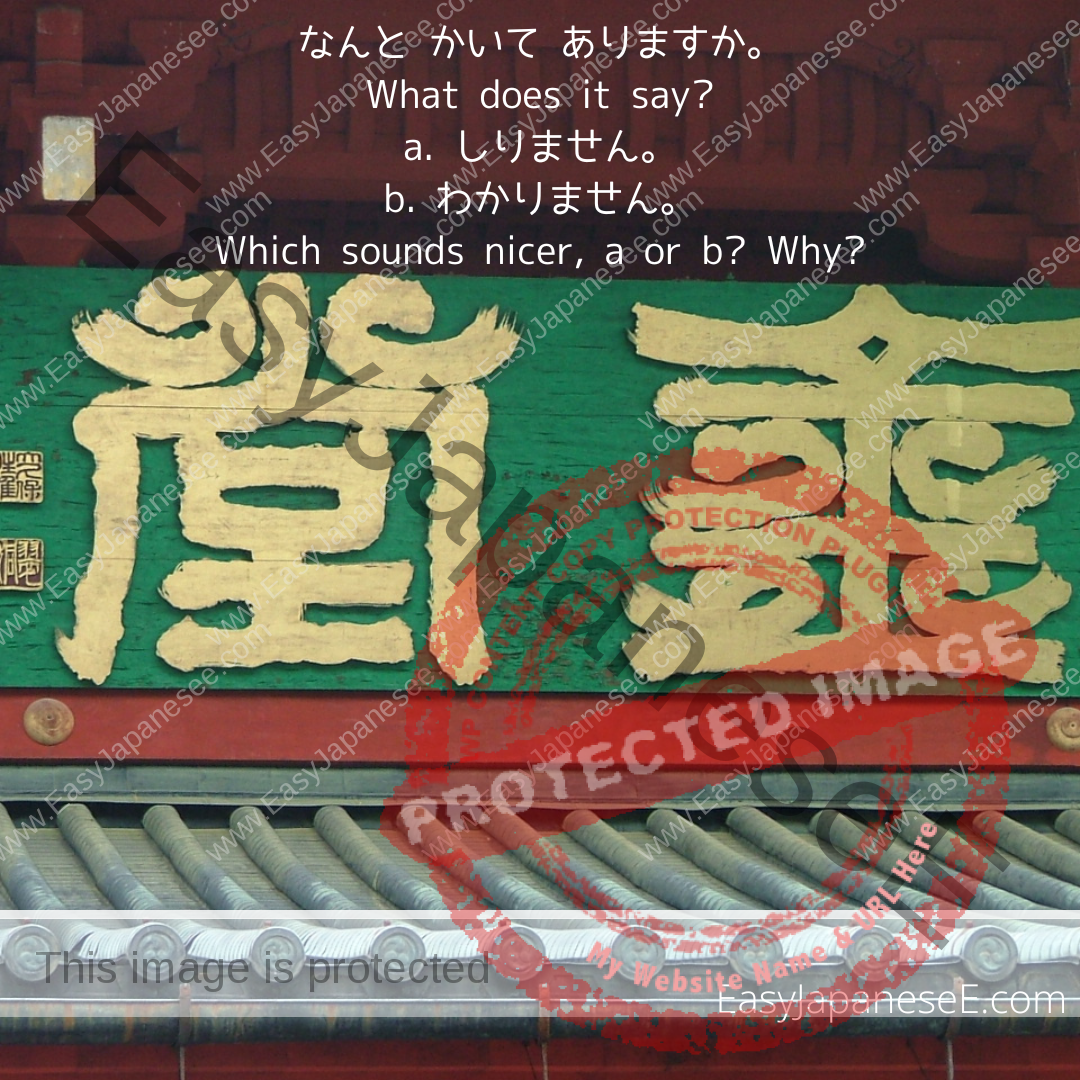

しりません is often believed to be the equivalent of “I don’t know” in English, but しりません doesn’t get perceived very well. This is why.
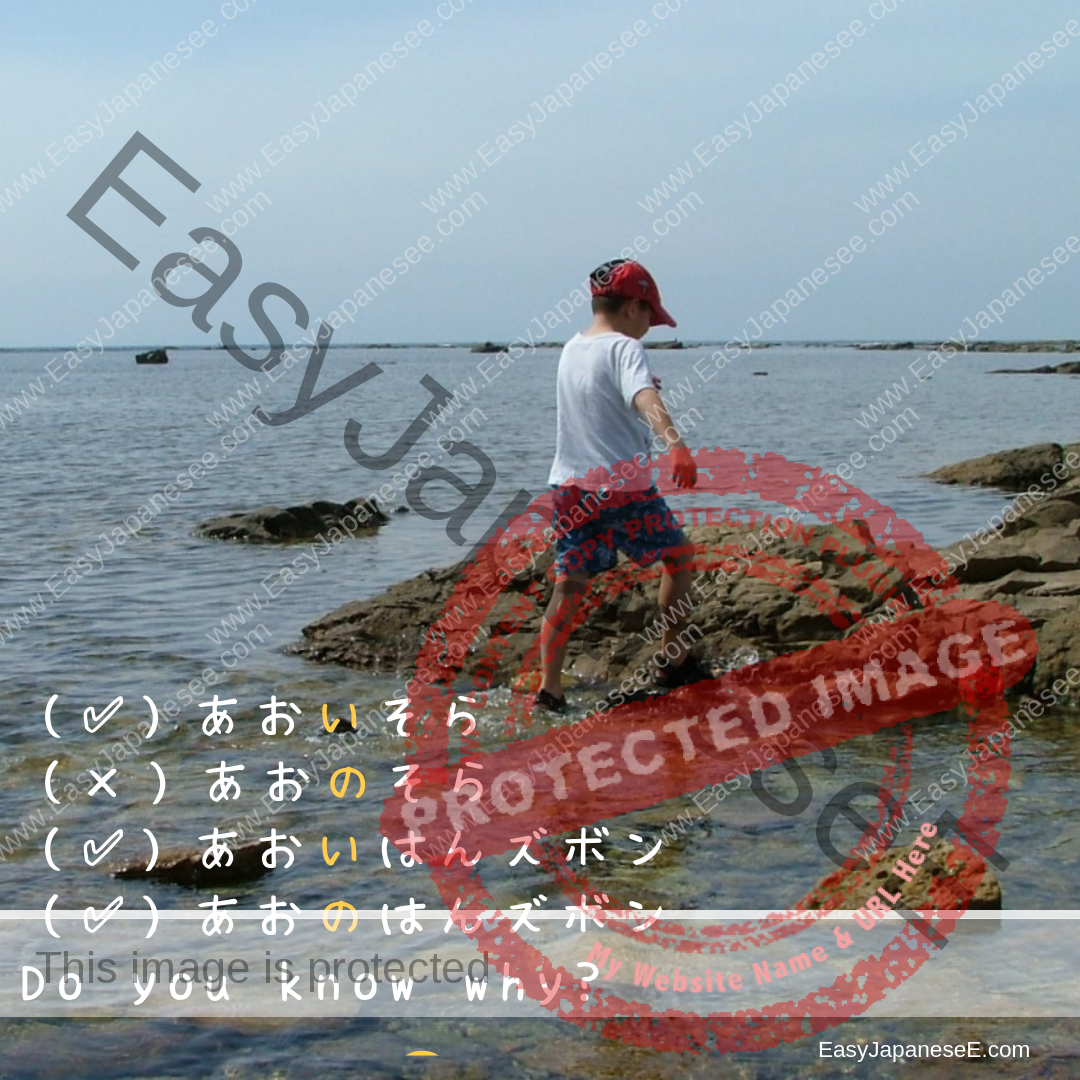
This post explains when 青い (adjective) and 青の (noun + の) are interchangeable or not. The same rule applies to all colour いadjectives.
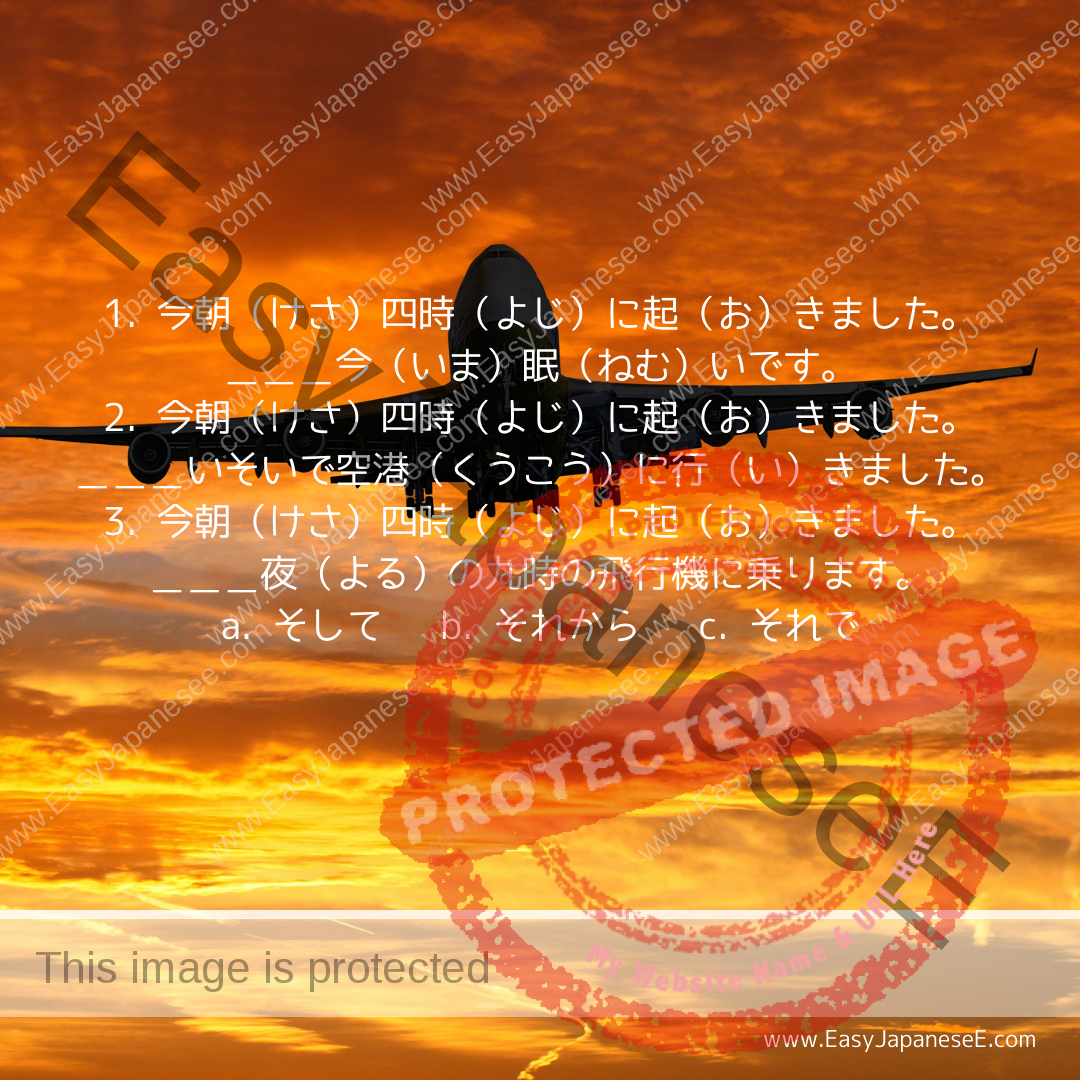
そして, それから and それで all can be used at the beginning of a sentence and can mean “and” but the nuances are different. This post explains the differences.
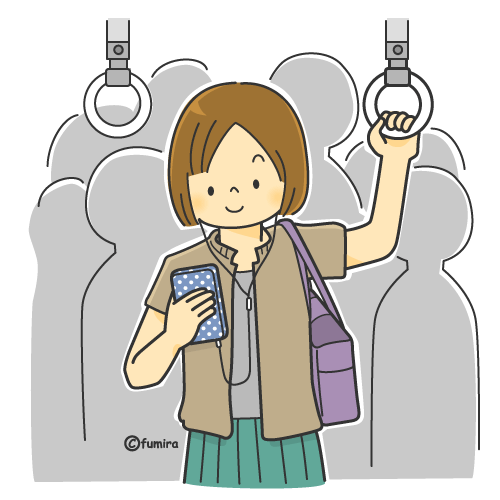
~とき is used like the English “when ~” but depending on what comes before とき, the nuance changes. This post explains how.
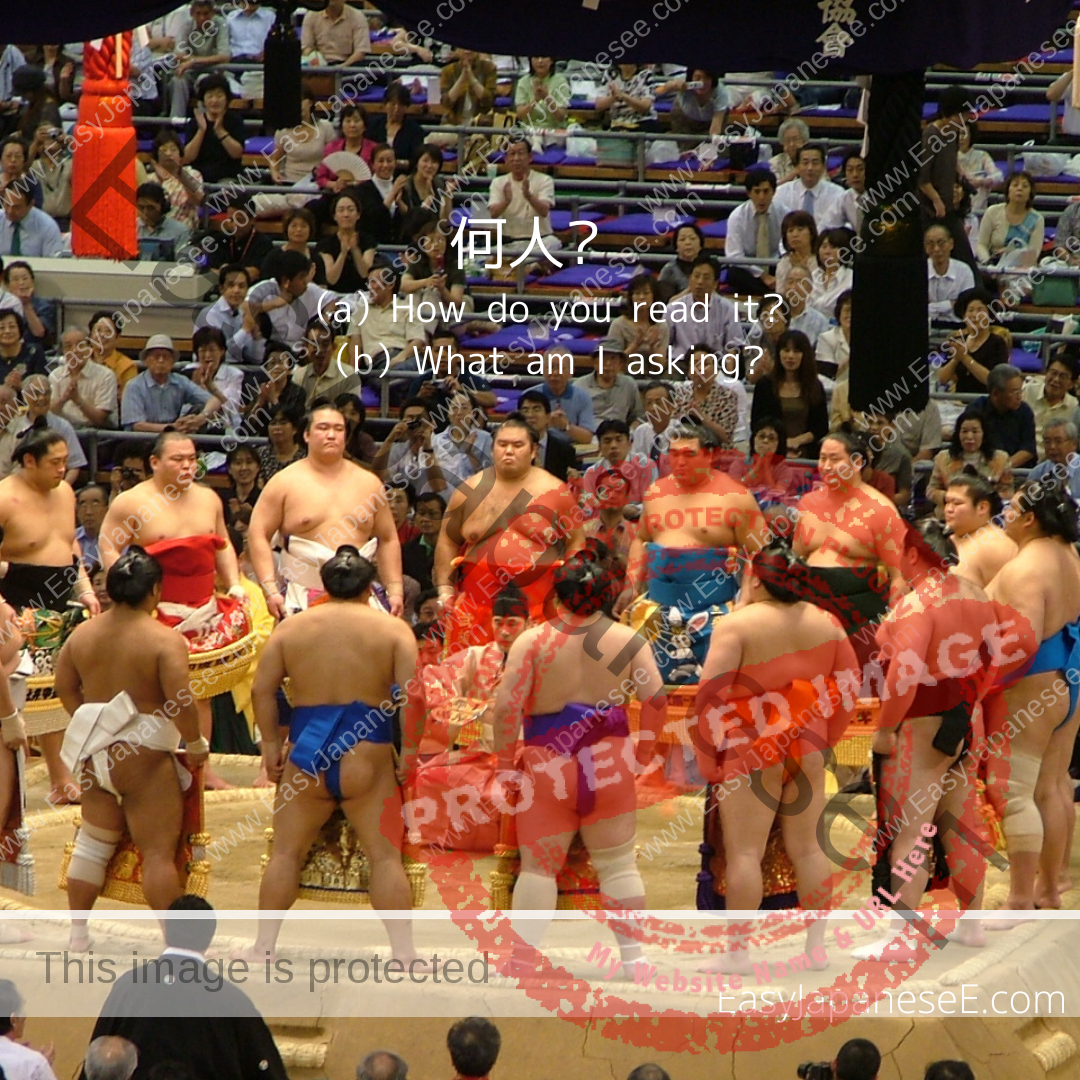
何 meaning “what?” is sometimes pronounced なに and なん at other times. This post explains when to read なに and when to use なん.
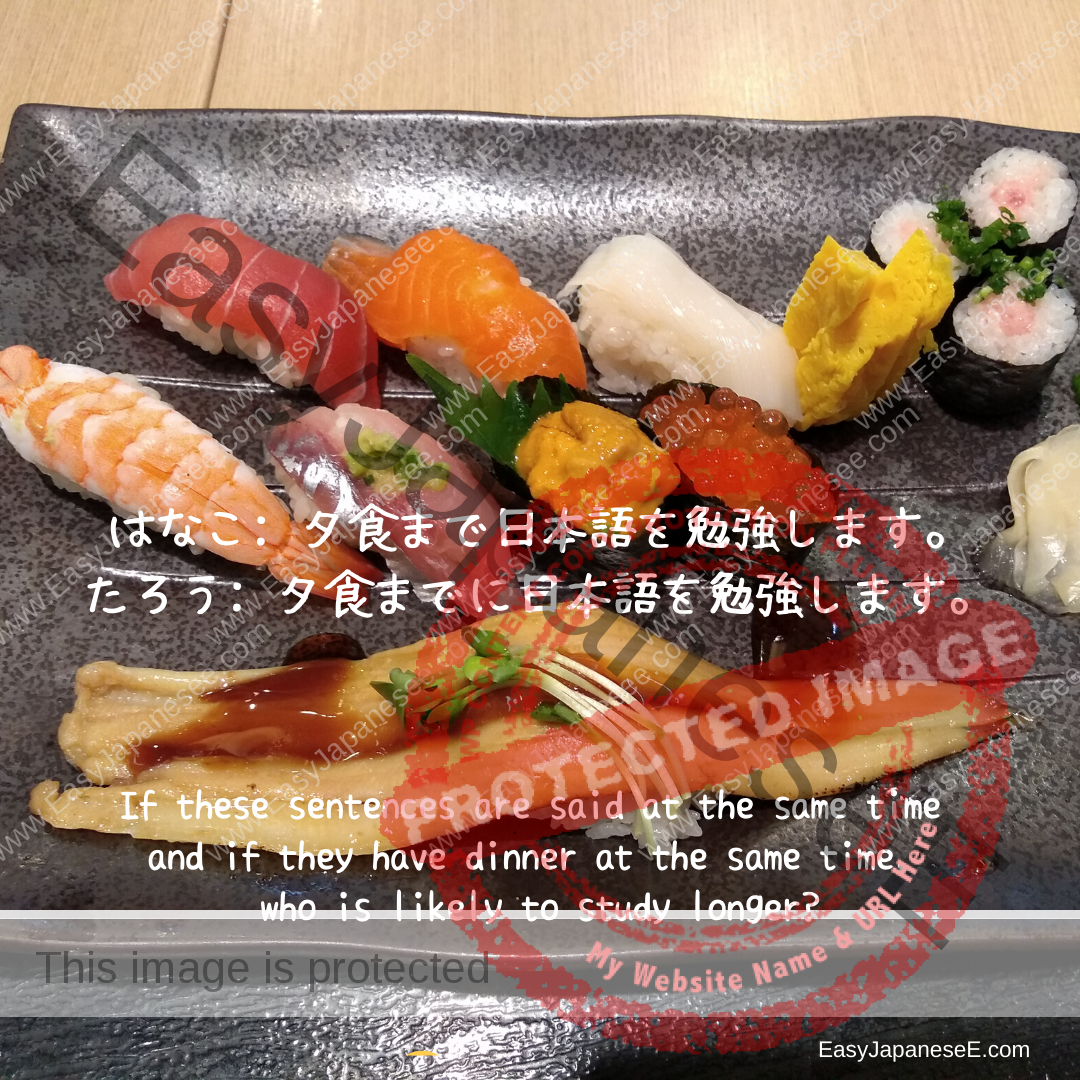
~まで and ~までに are both used with a time phrase and they look almost the same. However, their meanings have a rather large difference. Read the explanation here.

The English verb “to know” is usually translated as しっています in Japanese but the opposite, “not knowing” is NOT しっていません. This post explains why.
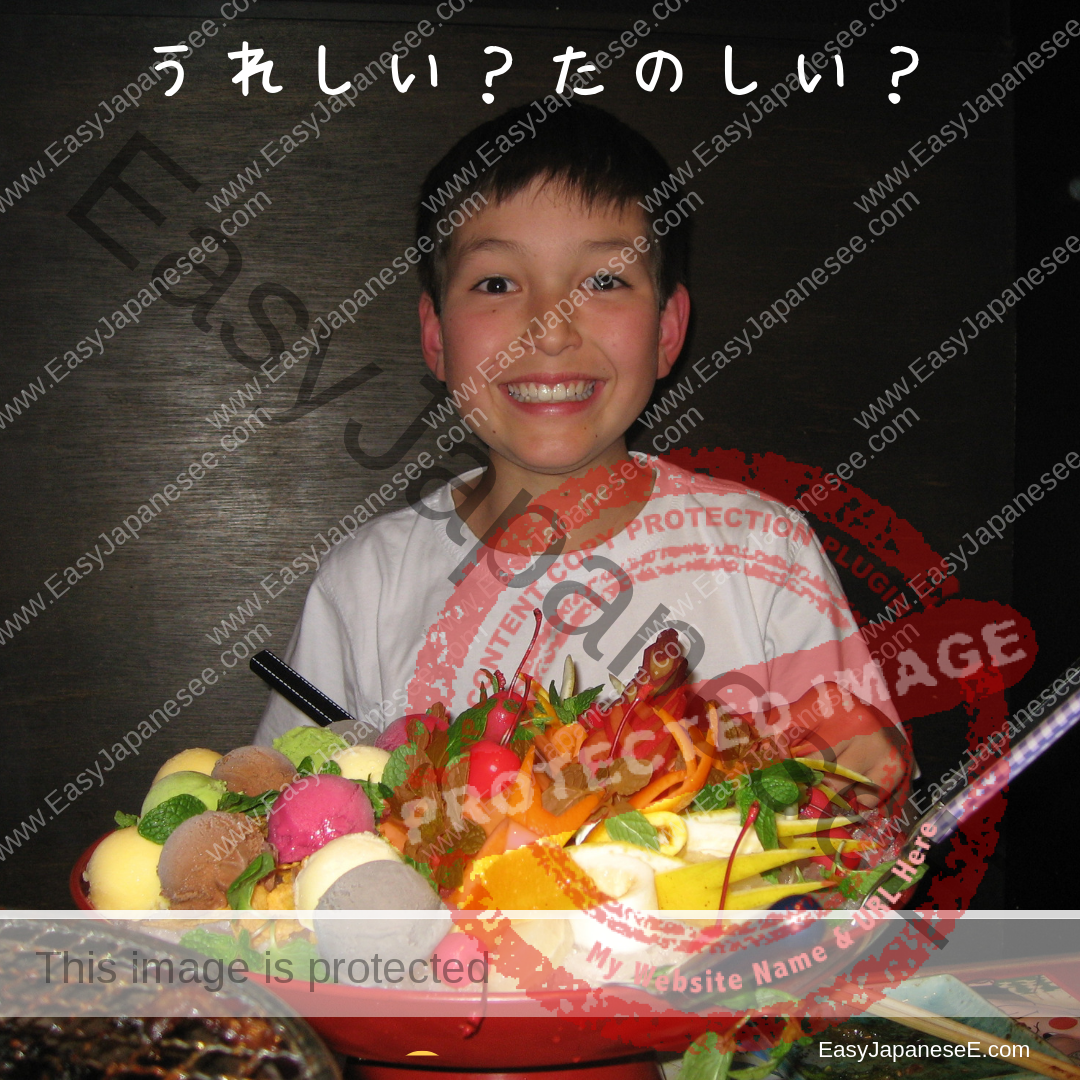
うれしい and たのしい can be used to describe a “happy” feeling, but they are not always interchangeable. This article explain the difference between the two.
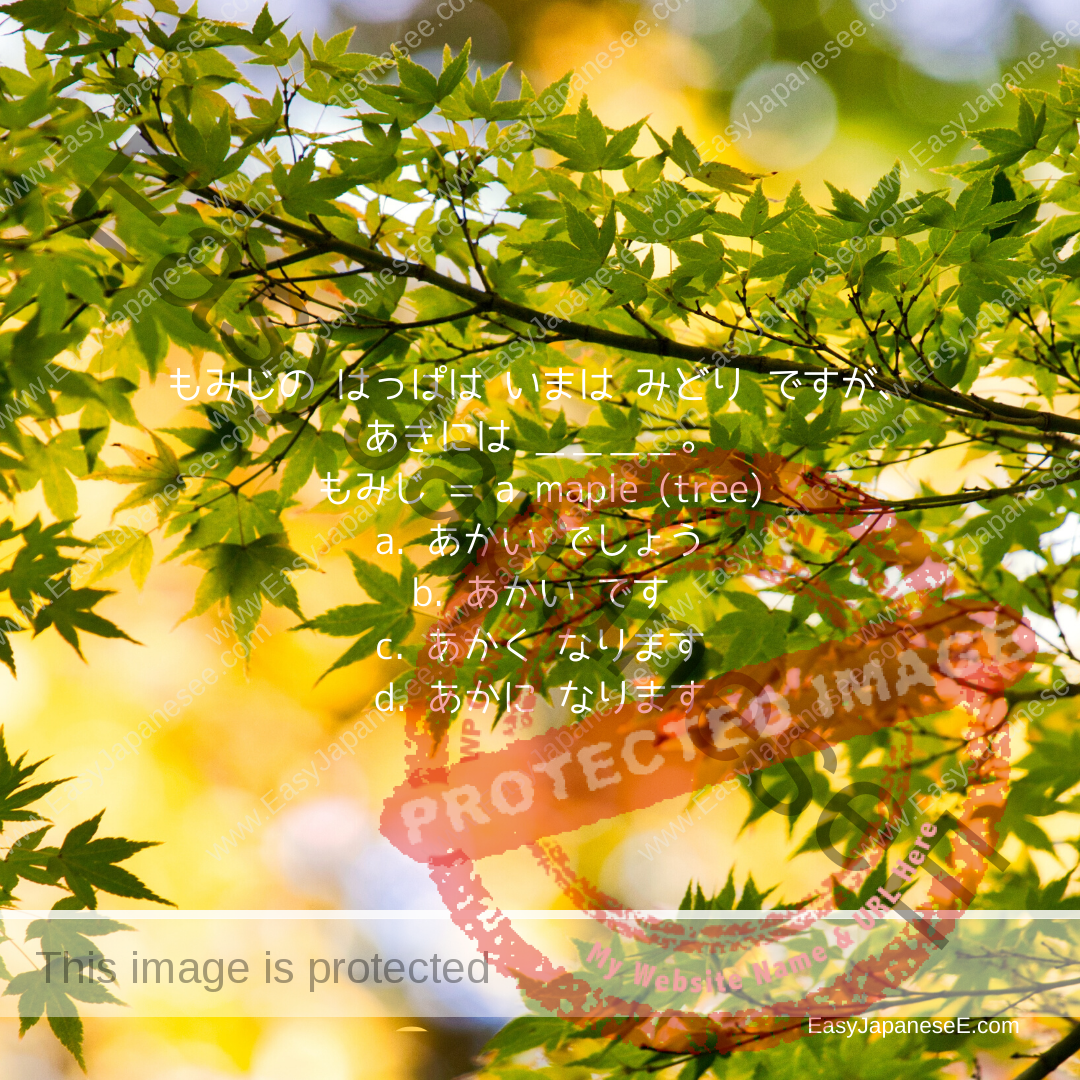
なります is the most common word that describes a change from one state to another. Depending on what it turns into, the letter directly before that changes.
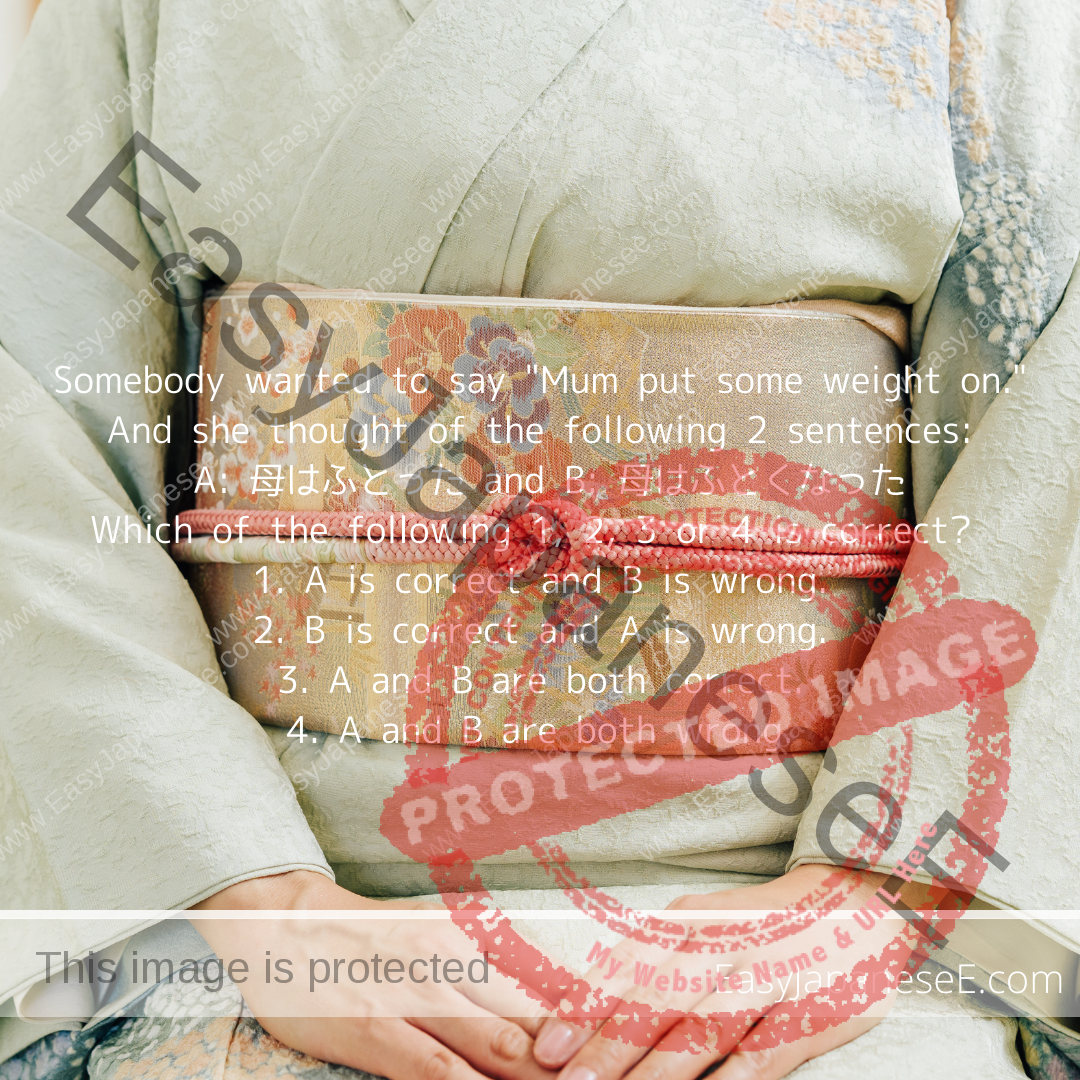
Today’s topic is difference betweenふとい and ふとる. If you understand this difference, you will never be confused between ふとい and ふとっている or ふとる and ふとくなる again.
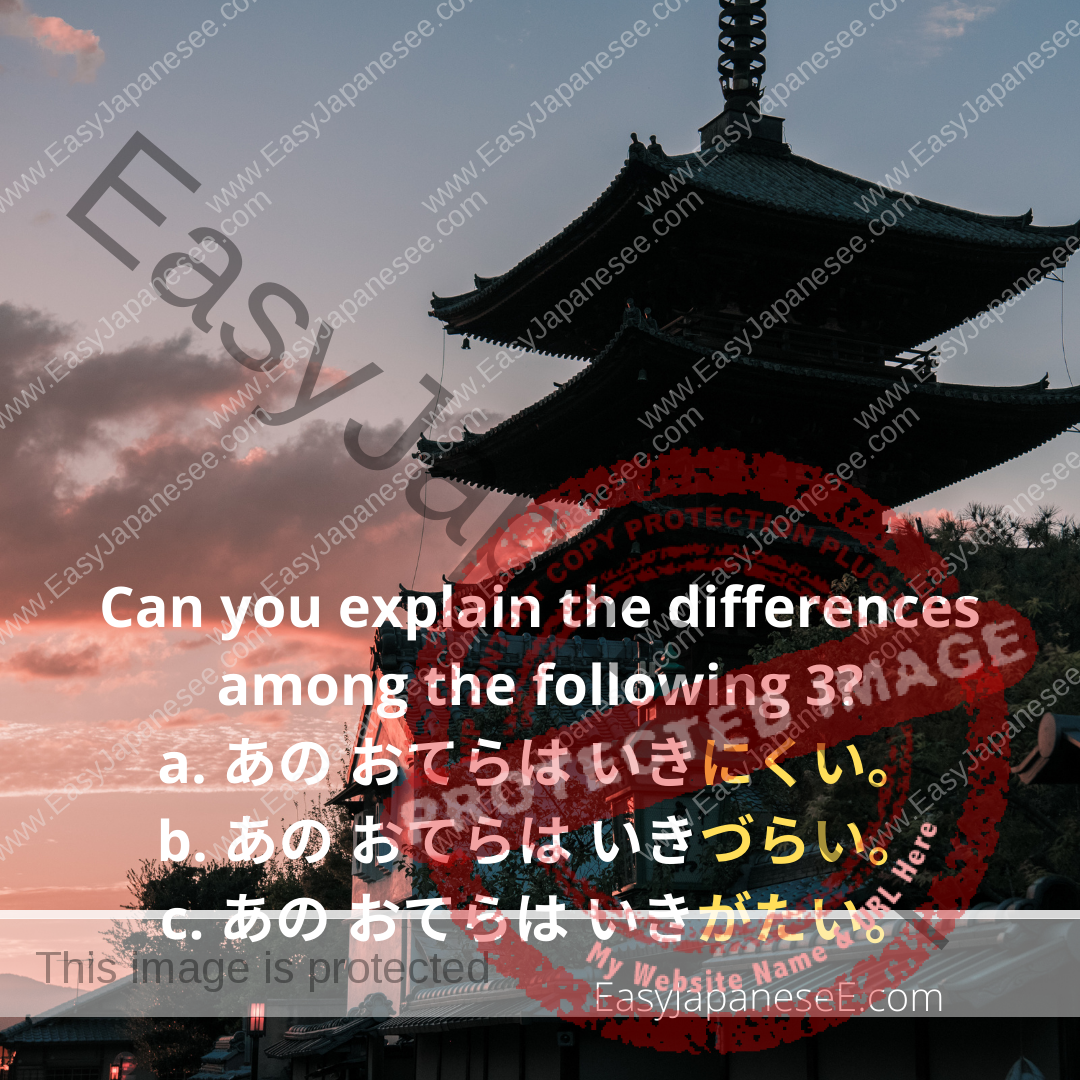
~がたい、~づらい、~にくい are all usually translated as “difficult to ~” or “hard to ~” but they are not quite interchangeable. I will compare these 3 today below.
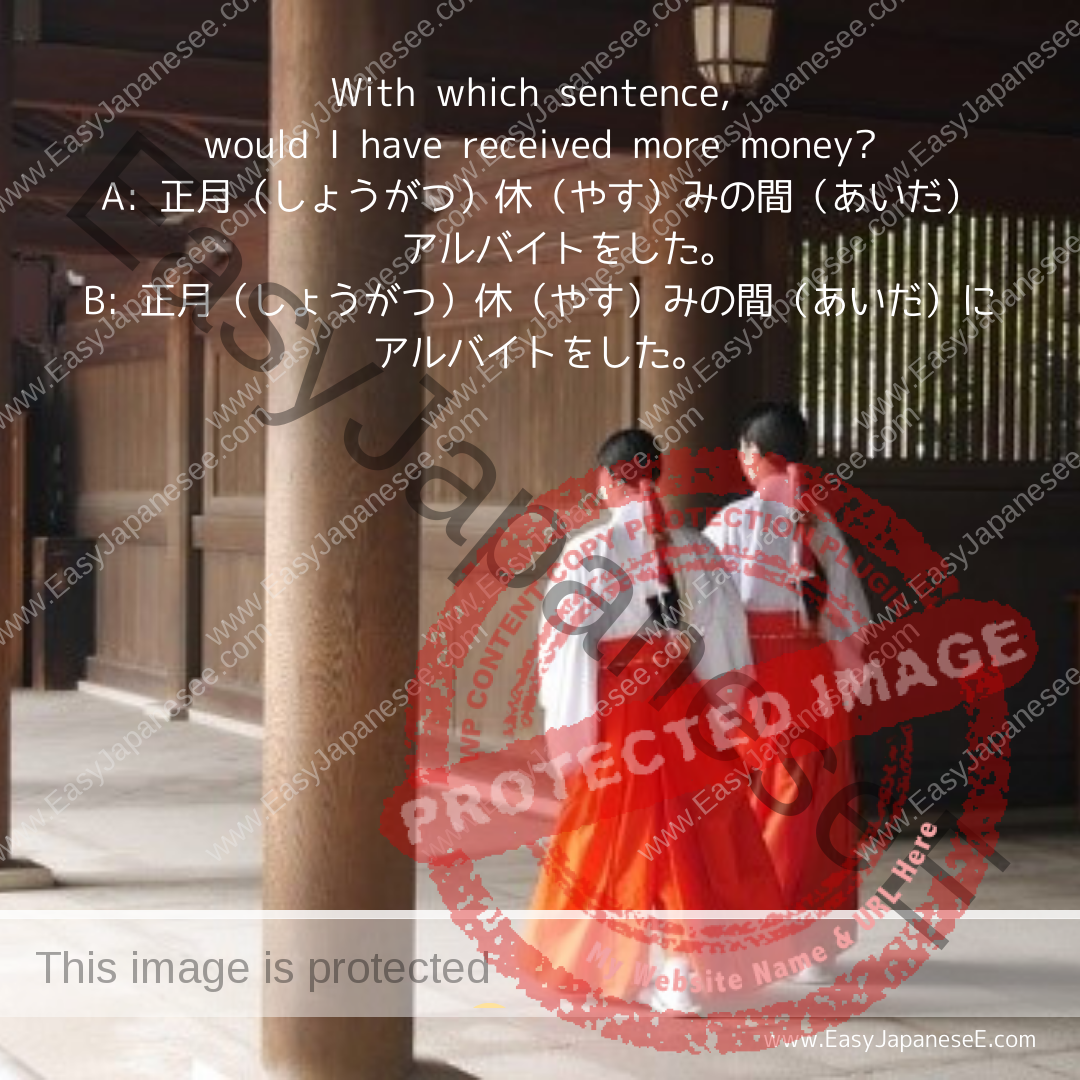
~あいだ can be used like a English conjunction “while” but adding に afterwards or not changes the nuance quite a bit. This post explains how.
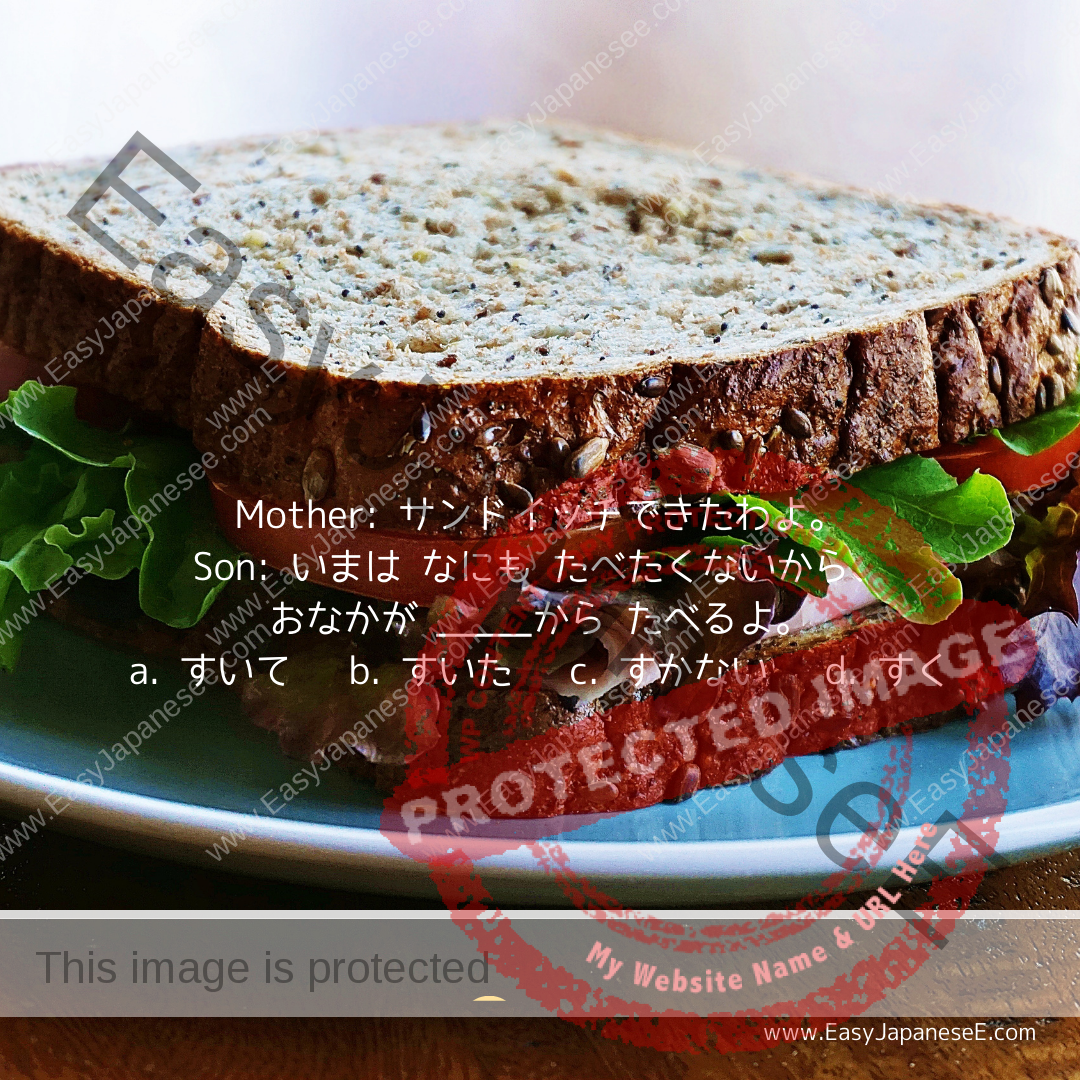
から has many meanings but all beginners need to remember the difference between ~てから and ~たから. Check these example sentences.
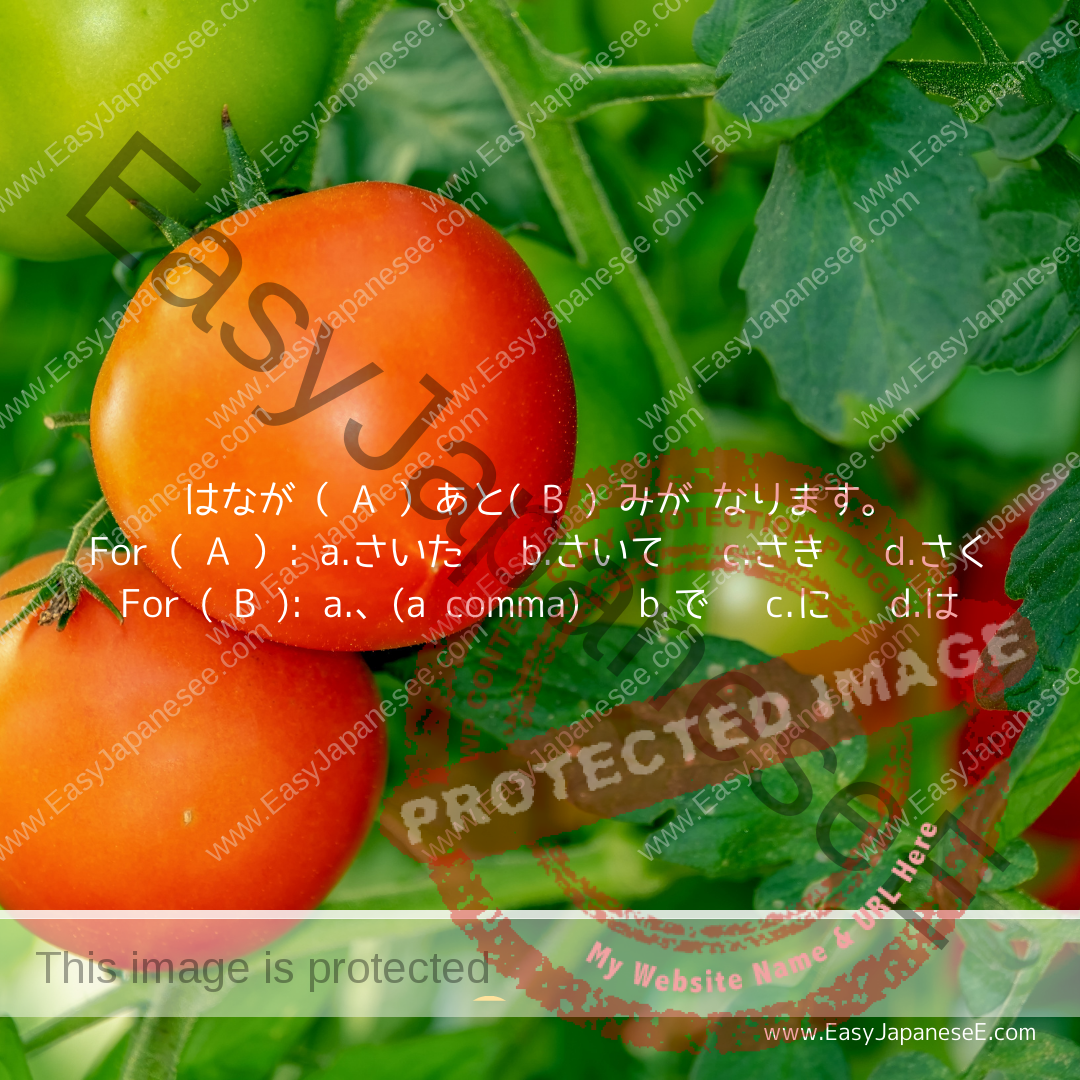
~あと means “after ~” and it is used after a past plain form verb and depending on the particle used after it, the nuance gets slightly altered.
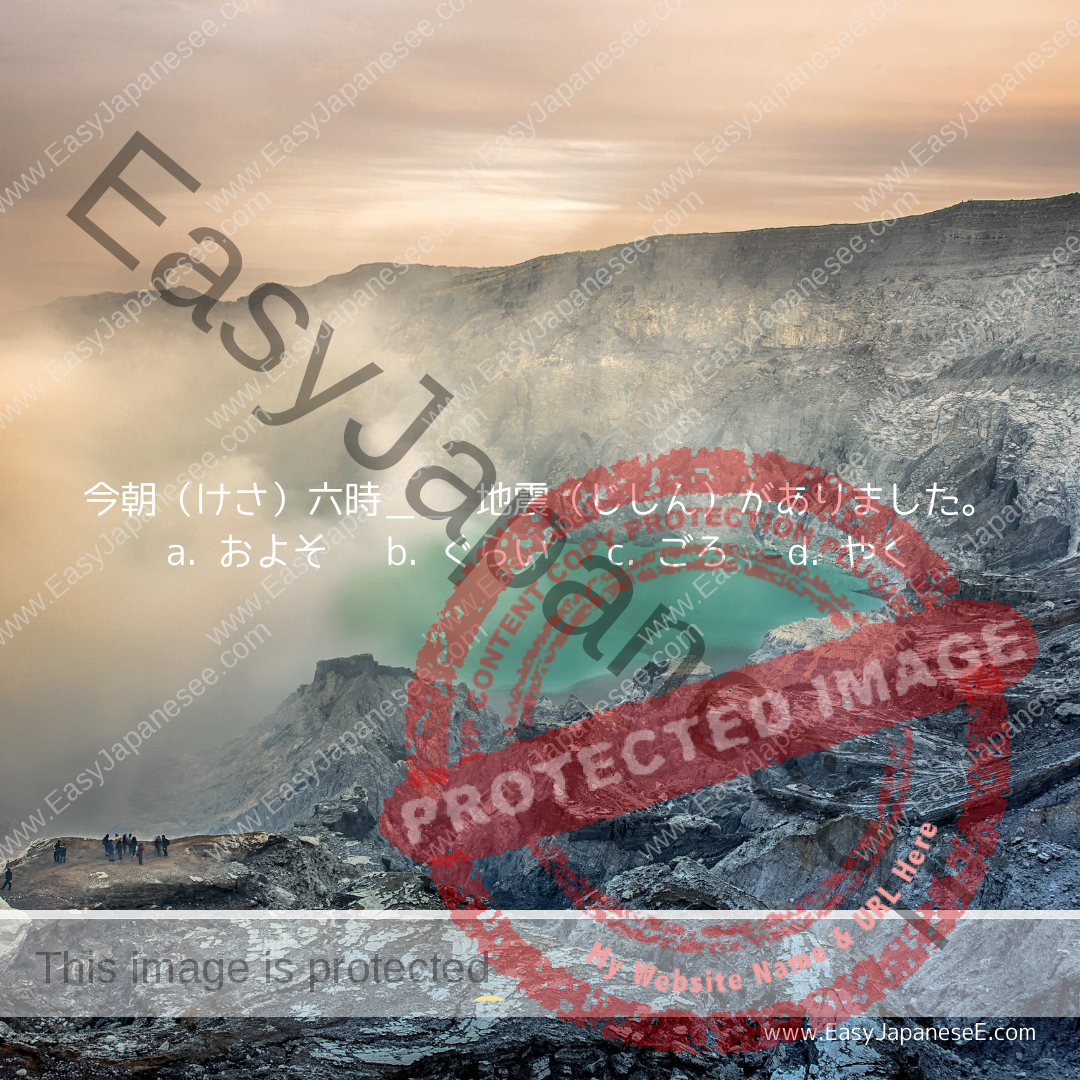
Today’s post is about how to say “approximately” in Japanese. Some are used before a number phrase and others are used after.
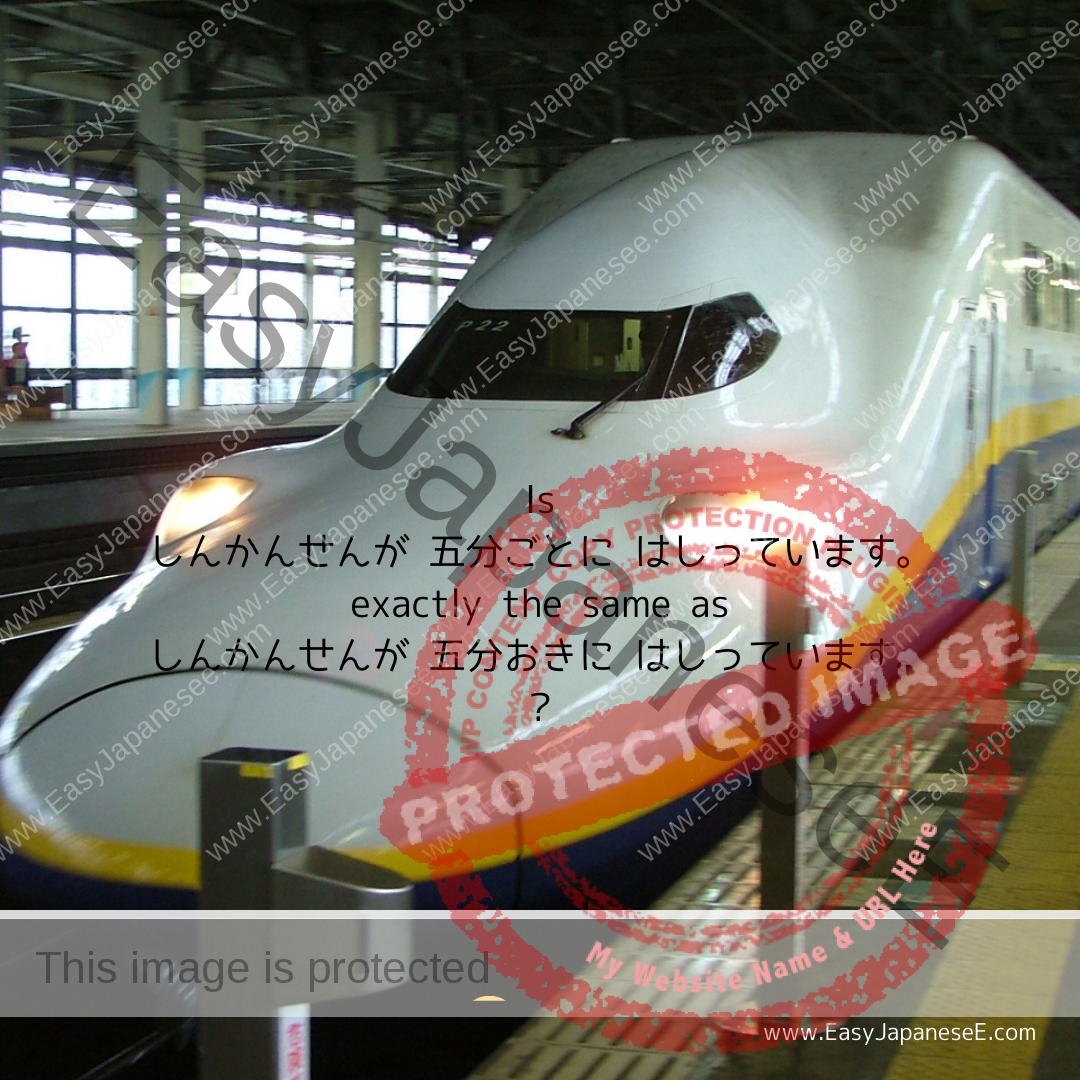
~ごと and ~おき are similar and sometimes they are interchangeable but other times they are not. This post explains the difference and the way to avoid confusion.
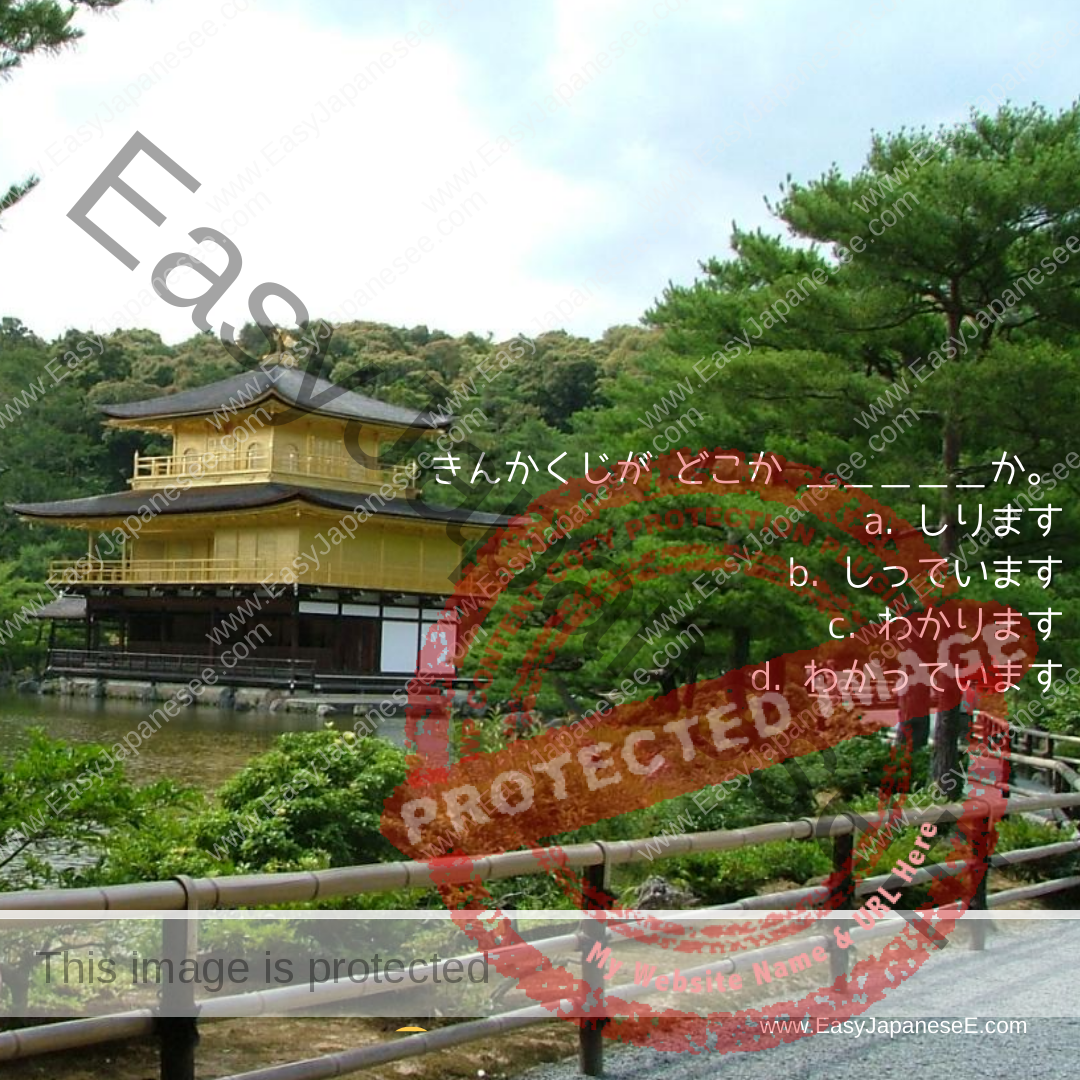
Many English speakers seem to think しっています = to know and わかります = to understand, but that is not quite the case. This post explains the difference.
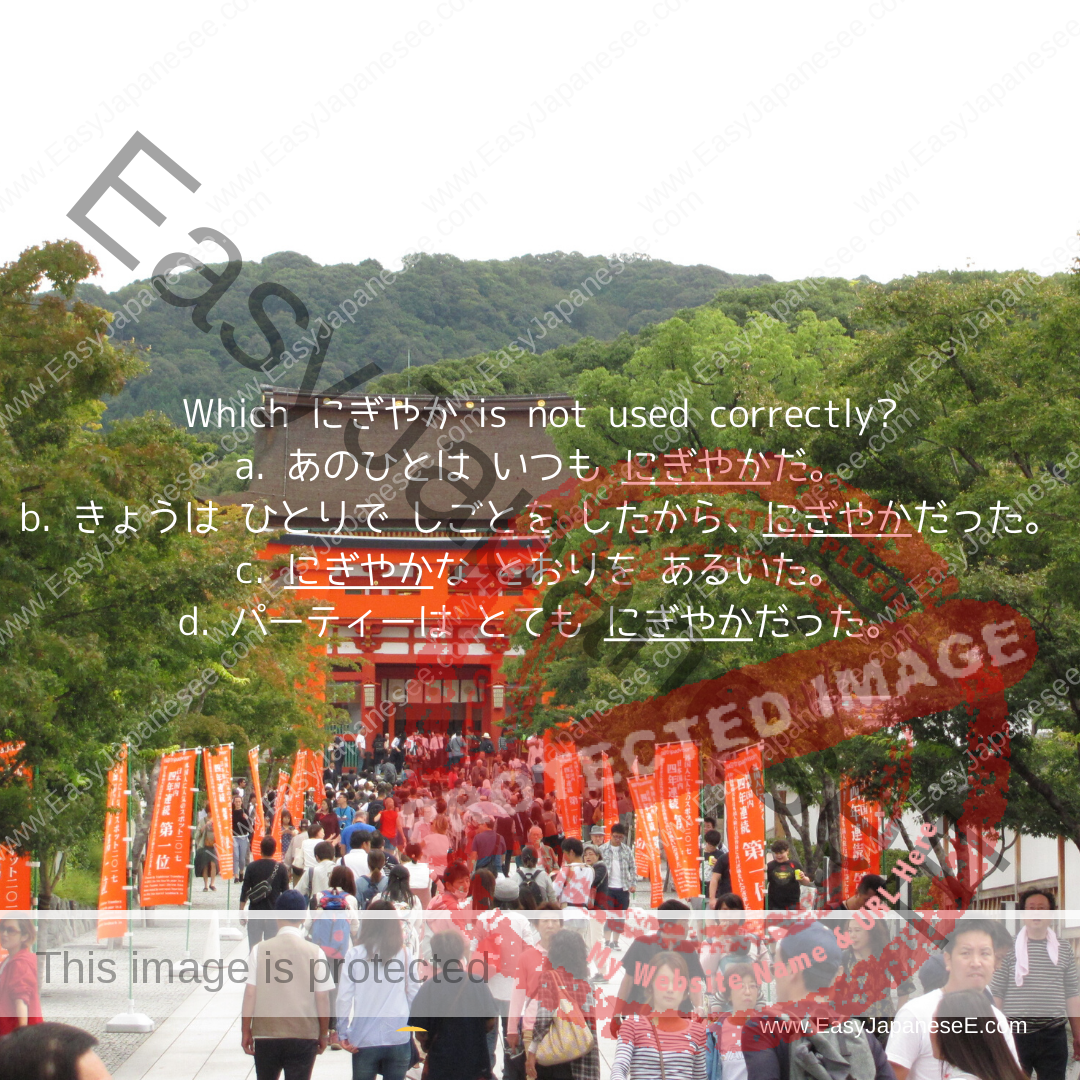
Both にぎやか(な) and いそがしい are usually translated “busy” but the meanings are very different. This post explains the difference.

You had a busy day and you feel tired. Which one would you say to your family when you get…
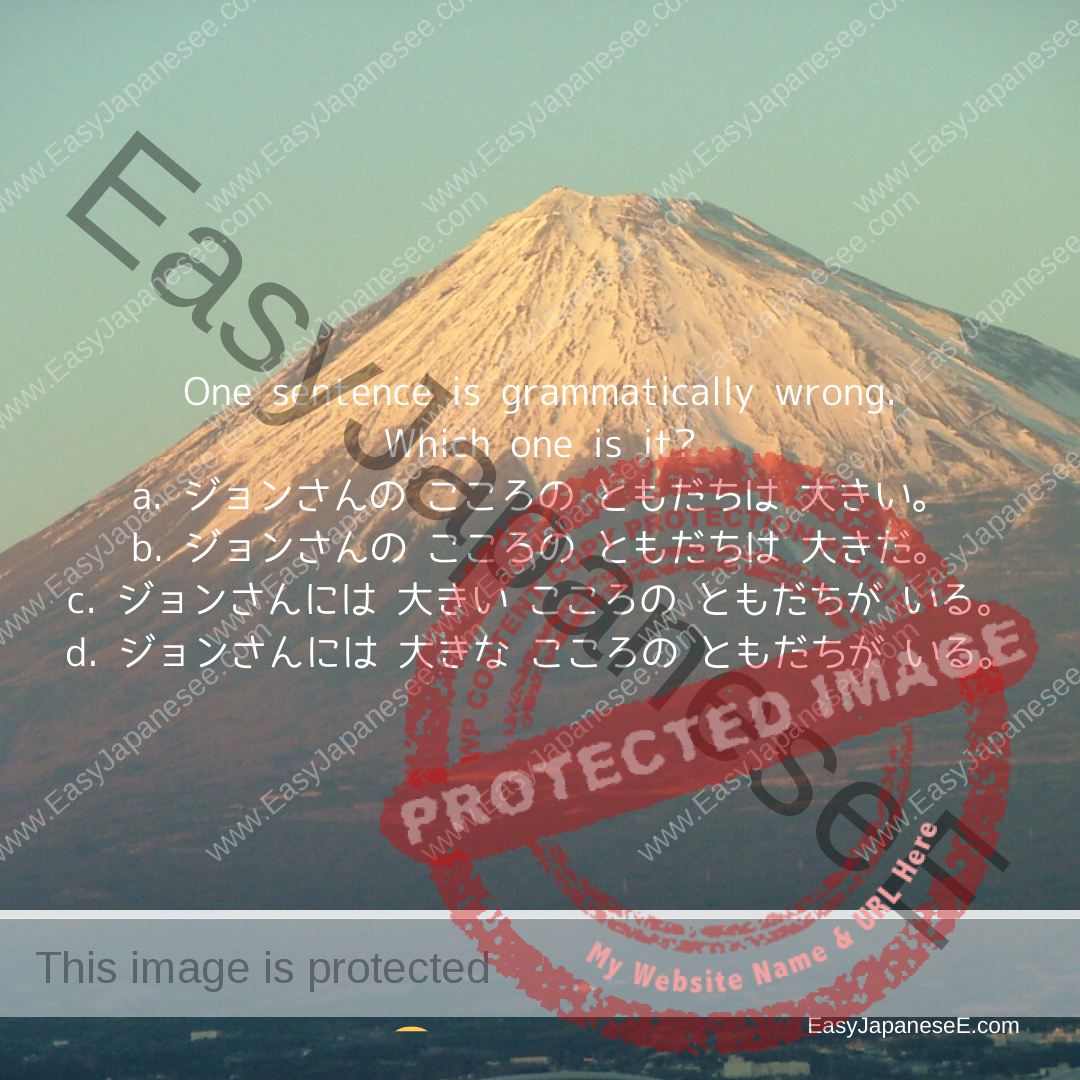
One sentence is grammatically wrong. Which one is it? 大おおきい and 大おおきな both mean “big.” There is no clear difference…
